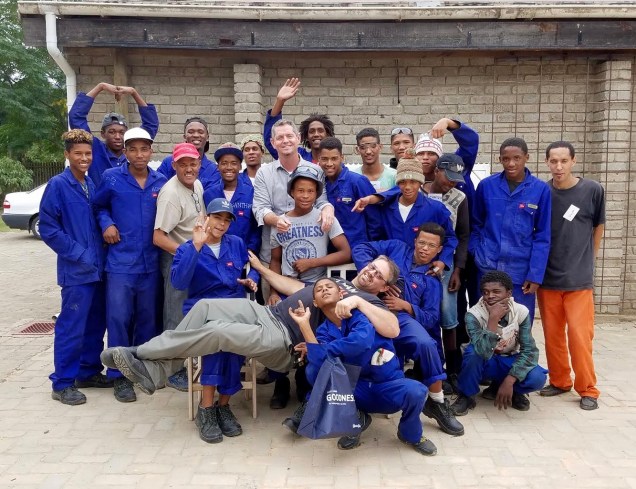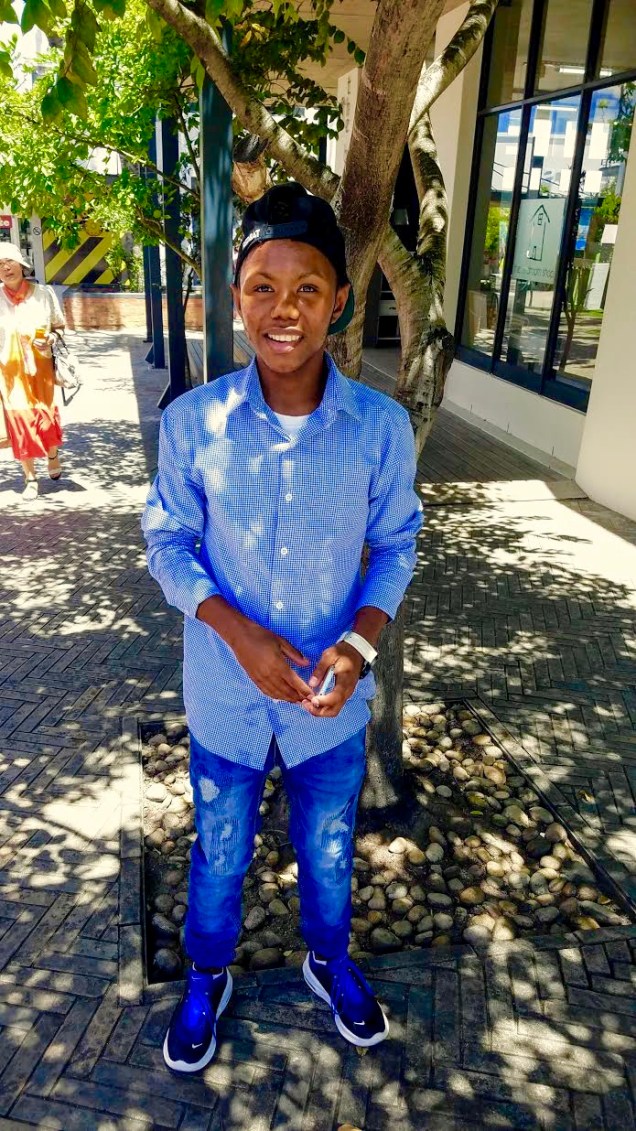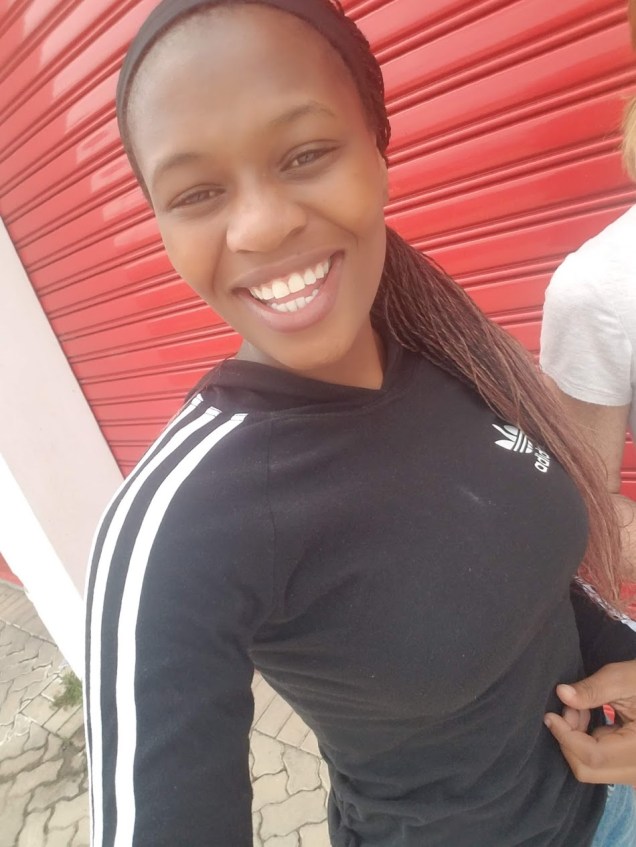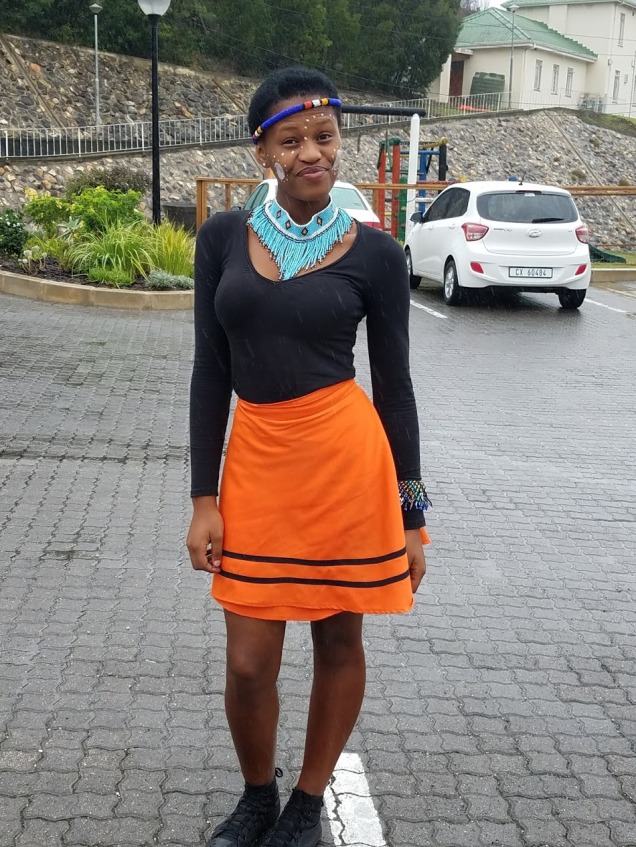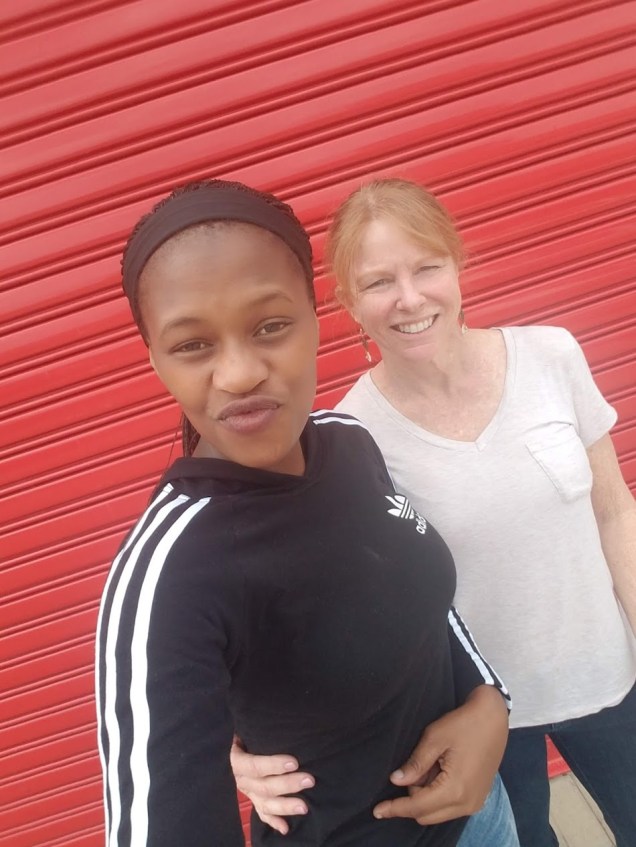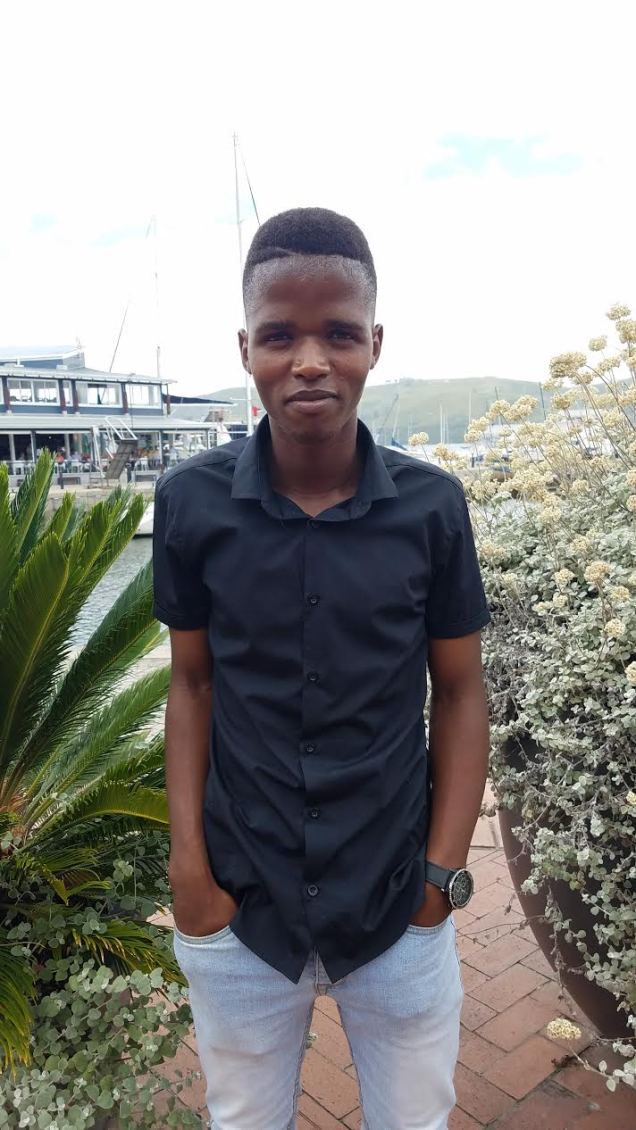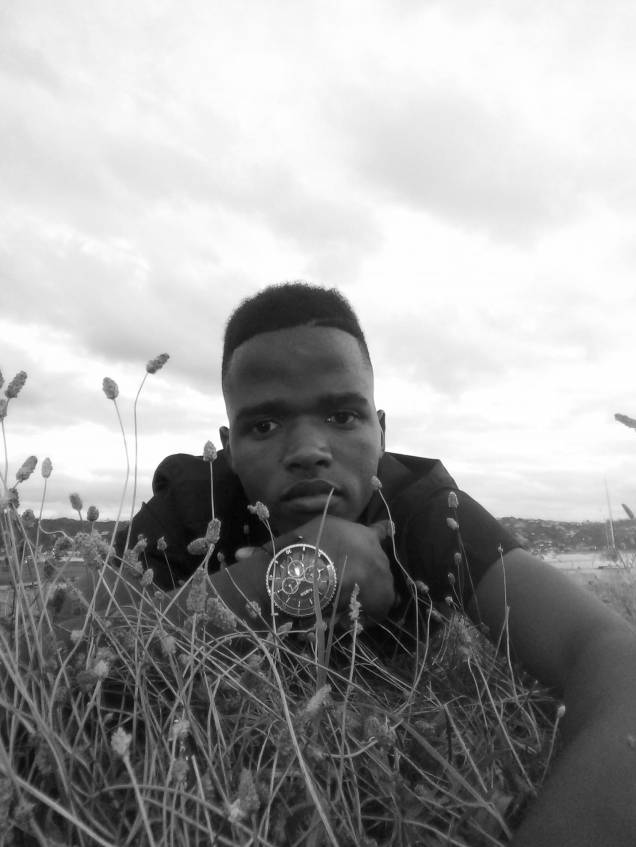“It’s never too late to be what you might have been.” – George Eliot
Kurt and I had the opportunity to listen to a former prison gang member address an audience of community leaders, parents and teachers. Here is his story…
A young boy growing up in the Cape Flats of Capetown, South Africa, Welcome Witbooi was a “Straight A” student in school. His dad was a successful business man that put high expectations on his son.
Because of his intellect, academic drive and small stature, he was bullied by the other students in school. When he went home to what should be a place of safety, love and encouragement, his father would tell Welcome he could do better. What is better than straight A’s?
Because of his low self esteem and his father’s emotional abuse, Welcome was sought out by a street gang. Gangs sit and observe the community. They have plenty of time on their hands. So they sit. They observe. They wait. And when the time is right, they pounce. They are keen to know which children are seeking acceptance and are ready and willing to step in and offer it.
And so it began for Welcome. At 14-years old, a young man from a gang called, The Firm, drove up in a canary yellow BMW and invited Welcome in. He befriended Welcome offering him time, money and acceptance. Welcome was hooked. He did what he was told to do in order to join the gang. It started with robbery. Then progressed. But he was now part of a group who accepted him.
At 17 years old, Welcome was given his first firearm. It was time to gain more respect from his gang. This meant he must take the life of an innocent person. Before he could, he and seven other gang members were caught in the midst of a home invasion (robbery and attempted murder). The gang convinced Welcome that because he was the only one under the age of 18, he must take the fall. The courts would never give him more than two years. Welcome believed them. The judge sentenced him to 23 years in prison.
His cocky attitude led him to believe that this was no big deal. His gang family would be there to visit. To get him out. Not once did anybody show up. He was on his own.
Being in a South African prison is very dangerous. They are run by numbers gangs. I don’t just mean the gangs are prevalent. I mean they run the South African prisons. As I wrote in the blog post “Gang to Grace”…
In South Africa, numbers gangs control the prison populations. Once prisoners are sentenced by the South African Department of Corrections (DOC), they are classified into 3 different categories. These categories are either economic offense, sexual offence or a crime of violence. This determines what gang they will join upon arrival. The 26s are thieves, responsible for gambling, smuggling and accruing wealth in general. The 27s are the guardians of gang law, murderers. And the 28s are the most senior gang, the warriors. They accrue wifies within the prison population by raping new prisoners. They are also in charge of the flow of food supply. There isn’t a prison in South Africa without numbers gangs. It is a nationwide brotherhood. New prisoners are recruited upon entrance.
Welcome realized that because of his small stature, he had better figure out how not to be a victim of rape in the prison. His only chance was to climb the ladder of the 28’s gang. So that is exactly what he did. He made it all the way to “General”. The stars on his shoulders prove it. Each star represents the murder of a prison warder or another prisoner. He has 4 stars on each shoulder.
As the senior gang, the 28’s earned money in prison through extortion, prostitution, drugs, etc. The gangs run so deep and are so interconnected within the prison system of South Africa, they run like a well-oiled machine. And here was Welcome at the top. General. Now called Nongoloza (leader of the 28’s). Commanding over 2500 inmates.
After years of this life, Welcome was tired. He says that although he was at the top, he lived in fear. At any time a lower gang member might try to kill him to try to get his spot. He wanted out.
Numbers gang members know there is only one way out. Death. However, as Welcome reached the highest level, he learned there was another possibility. Welcome wanted to plead his case. He wanted a chance to turn his life around. In order to do that, Welcome had to negotiate with the prison administration to transport four other Generals from four other prisons to his prison to hear his case. His request was granted.
Four 28’s Generals were brought to Welcome’s prison. A room was cleared and ready for his case. Each General stood in the four corners of the room. Then Welcome was escorted into the room naked and put in the center (naked so that the Generals knew he had no weapons on him). Two Generals stood in from of him… the “one who sees” and the “one who hears”. Two stood behind him… the “executioners”.
It was at that time that Welcome said he wanted to retire. He pleaded his case that he had performed well for the 28’s over the years, but it was time for him to get out. He wanted to turn his life around. After he spoke, the Generals escorted him out of the middle of the room and discussed amongst themselves whether he will live or die. Then he was put back in the middle, facing the same two as before. However, before the four Generals began their discussion, one turned to Welcome and said thank you for teaching me to read and write.
As Welcome stood in the middle, he had no idea whether this would be the end of his life or the beginning of a new chapter. The two in front would say he could leave the gang, OR the two in back would stab and kill him. His life was spared.
Welcome spent two more years in prison before being released. He believes that the only reason his life was spared and he was allowed to leave the gang was because he taught one of the other Generals, somewhere down the line, how to read and write.
Welcome lived a life of crime and unspeakable acts. He is not proud of what he did. But he knows he can use his past to help bring change to the future.
Since being released from prison in 2012, Welcome has worked with offenders who were being introduced back into society. He works with young boys and girls involved in gangs to get them out. He works with institutions of education to get kids back into school. Welcome has a foundation that works with children individually, giving them a sense of identity and belonging.
He also conducts parenting workshops to help parents understand the activities their children are involved in.
While here in Knysna, Welcome spent a couple of days in the community. He walked the streets in day and in night, met with boys involved in gang activities, met with parents, community leaders, school administrators and teachers.
His mission is two-fold. To youth, he talks about the importance of education, how to avoid the false sense of security of being in a gang and explains the horrific life of a prisoner. To adults, he speaks of the importance of responsibility and accountability of the youth in the community. The parents and teachers must be active in the lives of the children. Know where they are. Who their friends are. The things they are involved in daily.
If good influential adults aren’t there to engage with the youth, the gangs are ready and willing to take their place!
After living the life of Nongoloza, Welcome says he is “Finally, Welcome”. He is redeemed. Living a life on purpose.
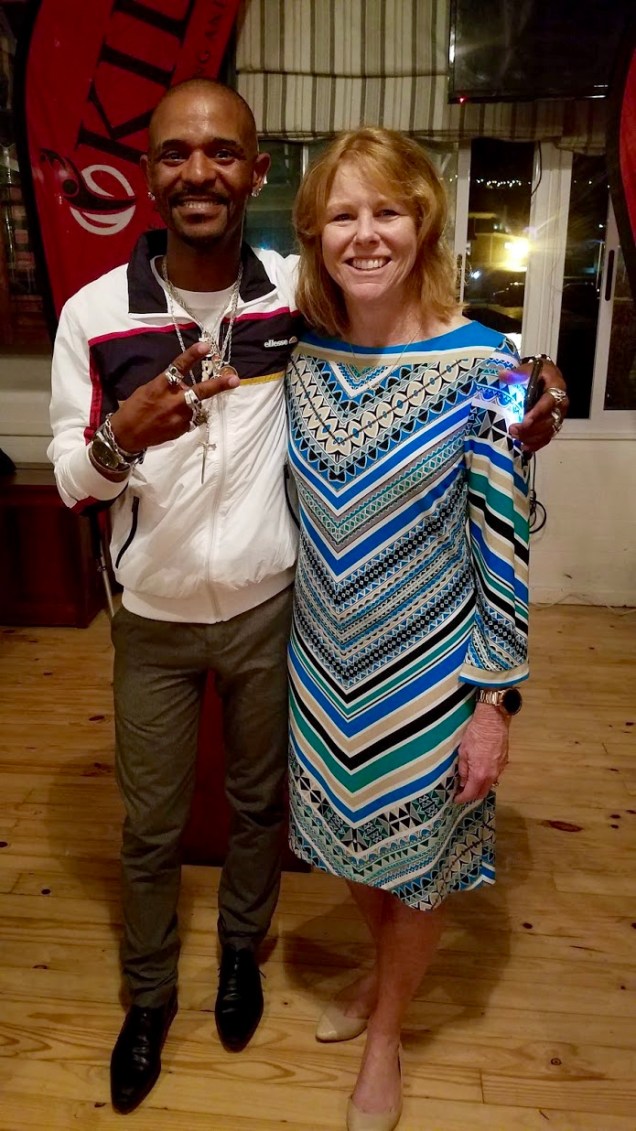
Sidenote… Welcome is not only a motivational speaker, he is an actor and an author. He starred alongside Forrest Whitaker in “The Forgiven”, consulted on prison gang culture for the movie “Four Corners” and has an autobiography titled “All is Not Lost”.
